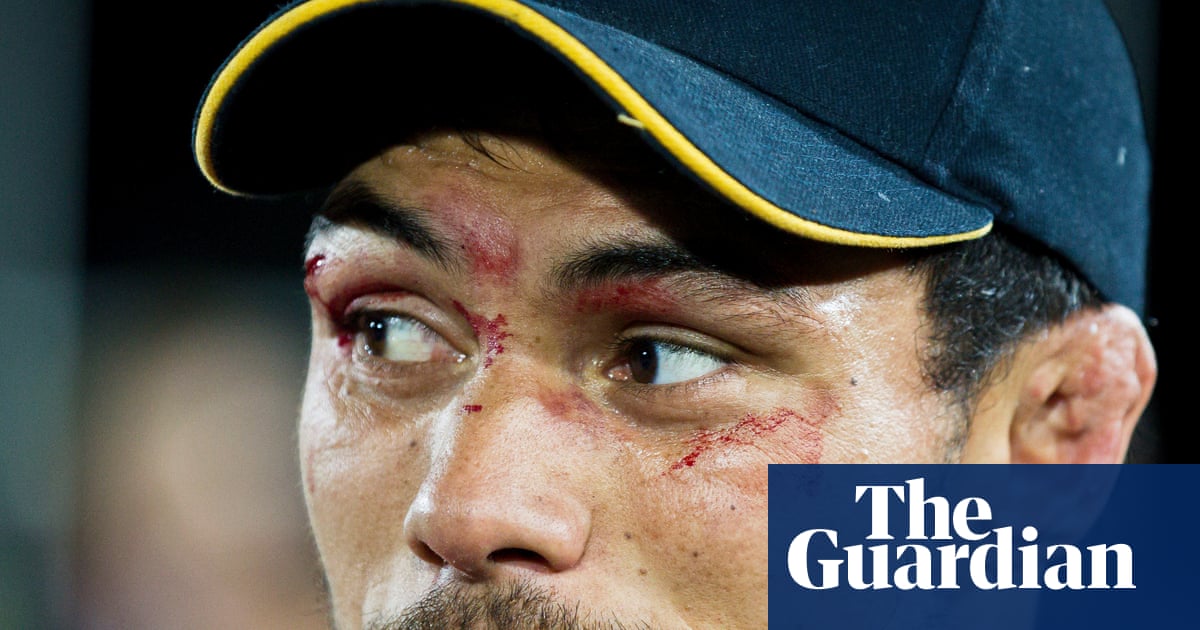
"First came the headaches, a feeling of pressure in the head. Then, Shane Christie started experiencing macabre hallucinations of his own death. Later, the once sociable New Zealand rugby player started getting into arguments with loved ones and towards the end paranoia consumed his trust, making him fearful and depressed. By the time Christie took his own life aged 39 in August some 10 years after he first started experiencing the headaches he was almost unrecognisable to those closest to him."
"Parkes says she felt desperate and alone watching Christie disappear further into the illness he believed was caused by multiple head injuries. I would get in the car, and I would cry, and I would call people I would speak to every friend that I had I called the brain injury trustI was trying to speak to people in the [US], like, what do we do? How can I help him?"
"Christie suspected he suffered from chronic traumatic encephalopathy (CTE) a progressive brain disease associated with head impact, which can be diagnosed only posthumously. His symptoms were consistent fatigue, mood and personality changes, confusion, paranoia, anxiety, headaches and suicide. His case has been referred to the coroner. Christie has donated his brain to New Zealand's human brain bank, which is studying athletes' brains for signs of CTE."
Shane Christie began with headaches and developed macabre hallucinations, fatigue, mood and personality changes, confusion, paranoia, anxiety and suicidal thoughts over about a decade. Once sociable, he grew argumentative, fearful and depressed, becoming unrecognisable to loved ones before dying by suicide at 39. His former partner, Holly Parkes, cared for him during his final year and described feeling desperate and isolated while seeking help from friends, support organisations and international contacts. Christie suspected chronic traumatic encephalopathy (CTE) from repeated head impacts and donated his brain to New Zealand's human brain bank for CTE research. His case was referred to the coroner.
Read at www.theguardian.com
Unable to calculate read time
Collection
[
|
...
]